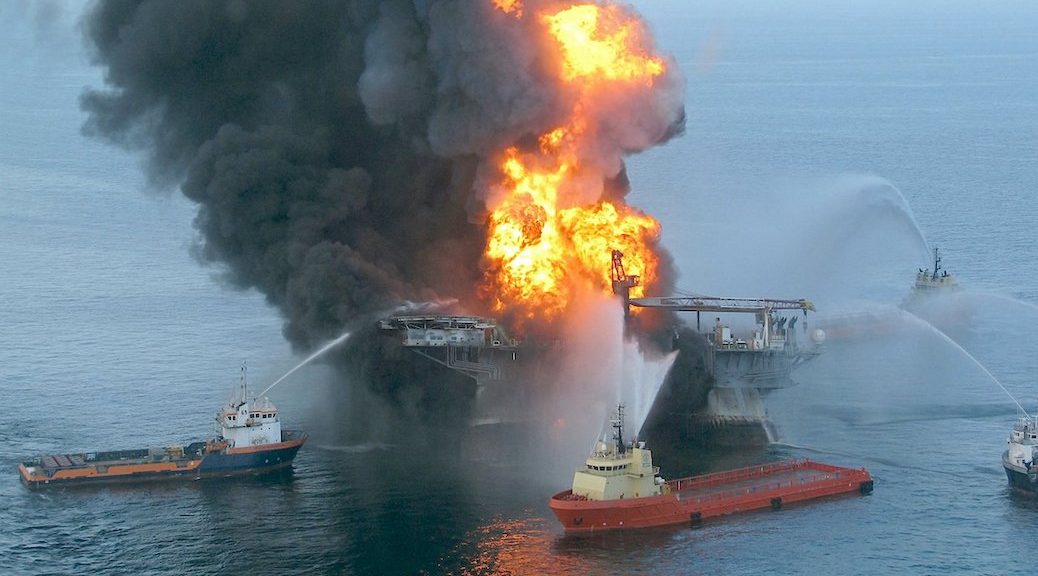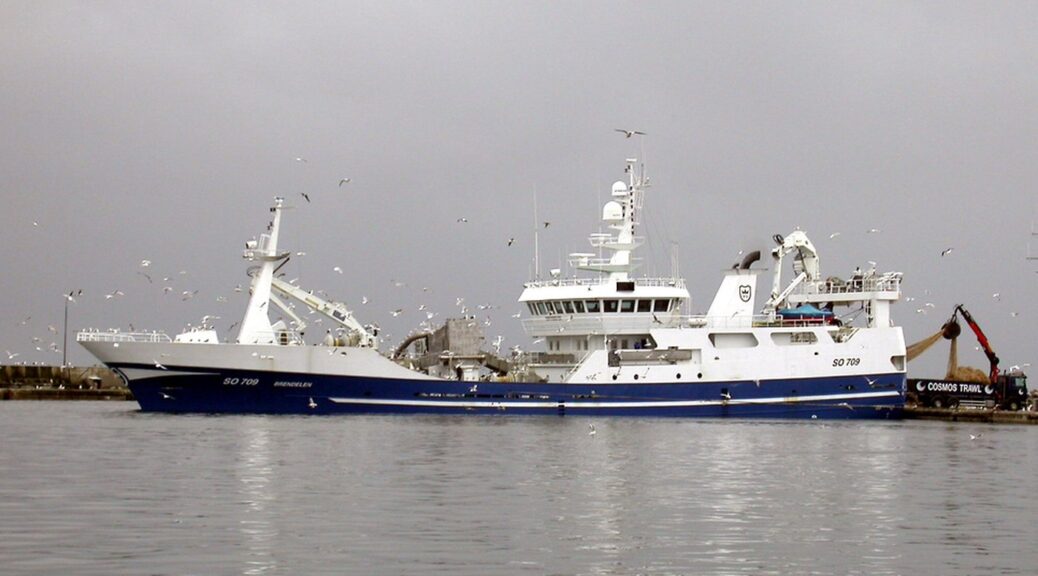
Canada’s National Observer, Local Journalism Initiative Reporter
B.C. has unveiled an action plan to tackle the two greatest climate threats to the ocean, coastal communities and marine ecosystems on the West Coast.
Ocean acidification and hypoxia (OAH), or plummeting oxygen levels, that often occur in tandem with a snowball effect, are spiking due to human-caused greenhouse gas emissions.
The plan’s goals include strengthening scientific collaboration and research and public awareness on these issues. Finding ways to adapt to or mitigate the negative impacts of OAH is also a priority.
The province also wants a better understanding of how or if blue carbon — CO2 captured naturally from the atmosphere by marine plants and algae — could or should be used as a natural solution to buffer acidification and hypoxia.
Continue reading B.C. launches blueprint to fend off climate’s ‘one-two punch’ on the ocean






